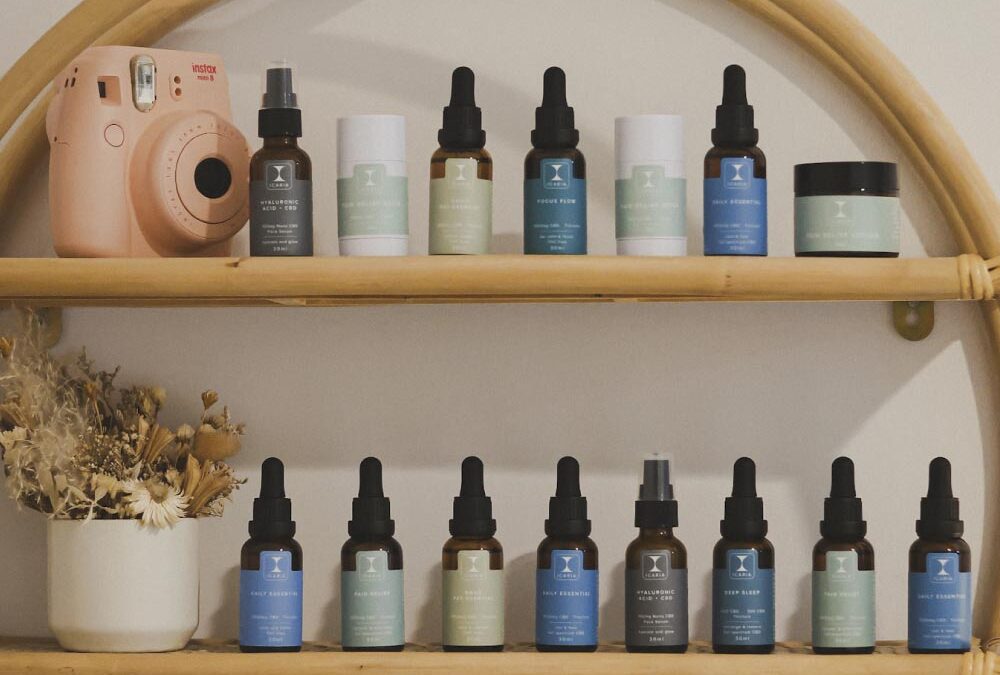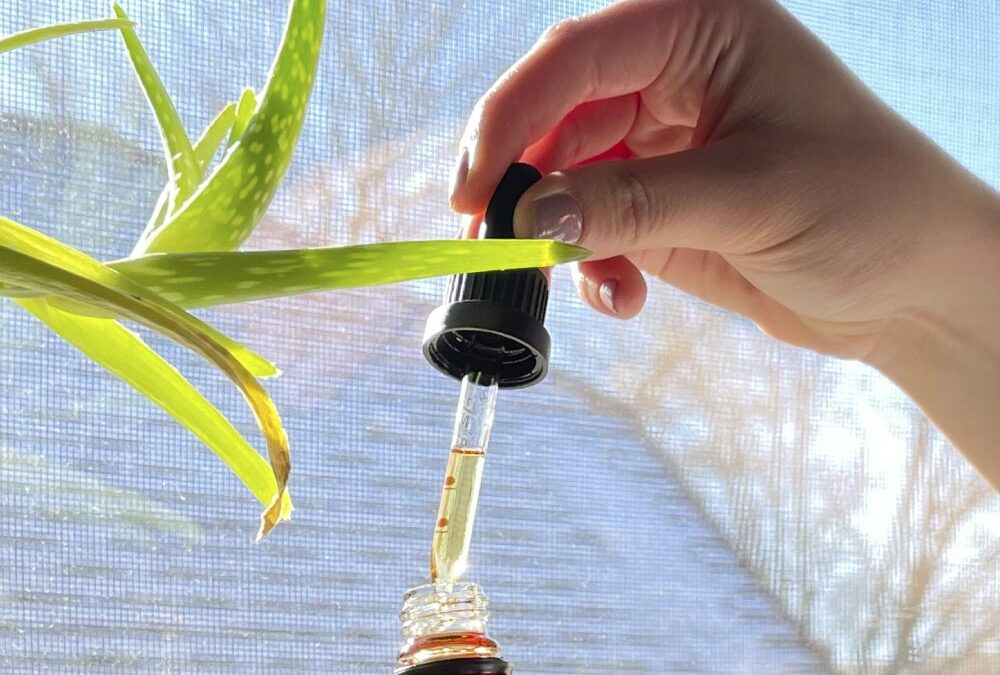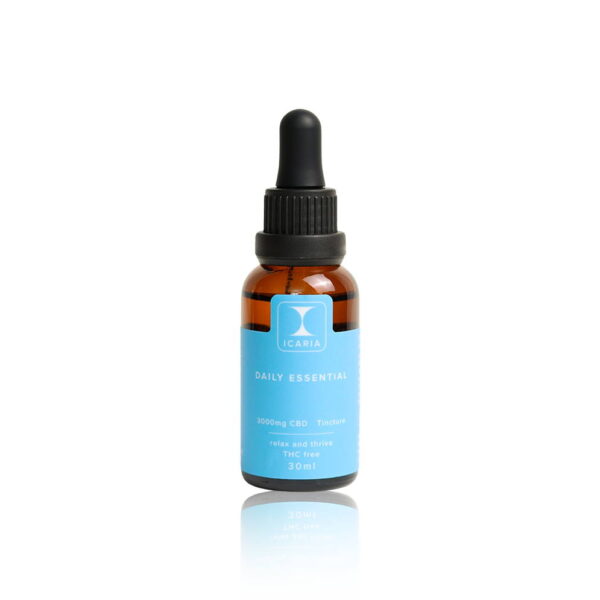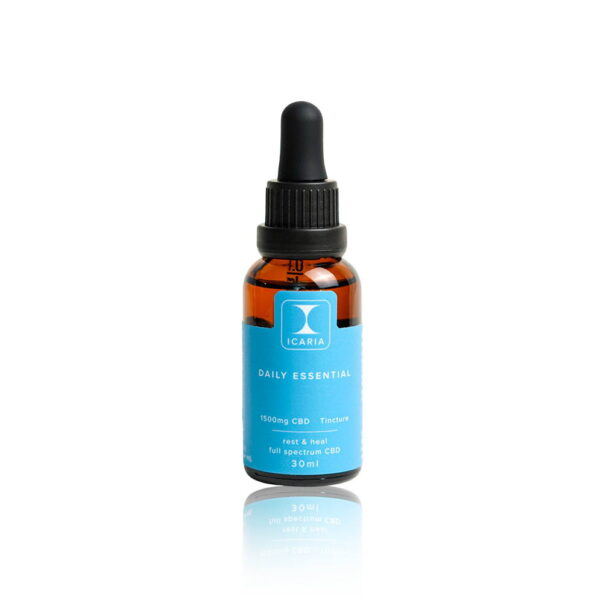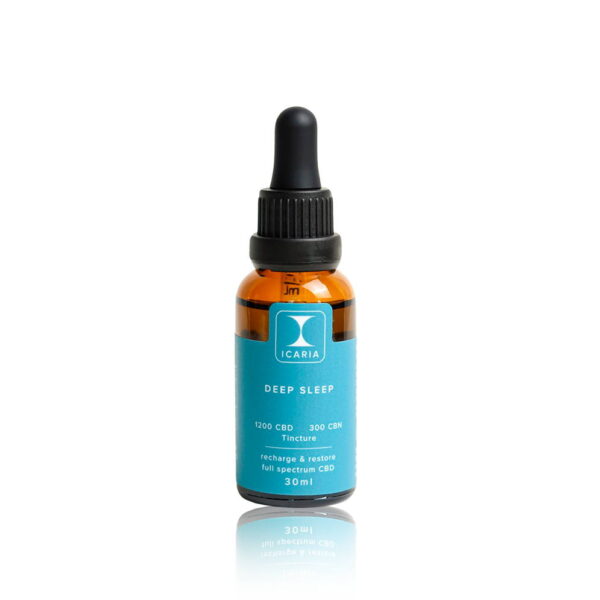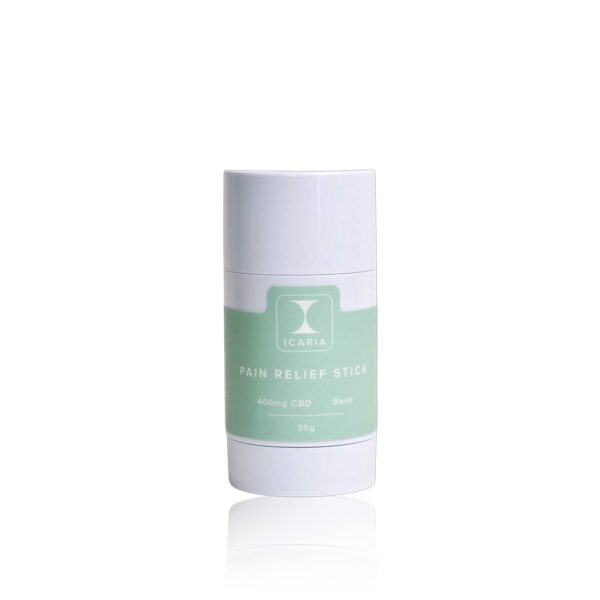Today, we’re taking on the longstanding debate: CBD vs THC
CBD, or cannabidiol, and THC, tetrahydrocannabinol, are both major cannabinoids found in the cannabis plant. However, they are often found in different concentrations and offer different effects.
The main purpose of the endocannabinoid system is to keep the body in homeostasis, which means keeping it in balance. THC and CBD both interact with the endocannabinoid system through two receptors: CB1 and CB2. Since cannabinoid receptors are located all over the central and peripheral nervous systems, both THC and CBD have a wide effect on the body: from reducing pain and inflammation to balancing sleep, appetite, and mood.
However, CBD and THC have different effects on the endocannabinoid system: the latter one activates the receptors while CBD can both block and activate them at the same time (confusing, I know). The point is, these two cannabinoids have very different, often opposite, effects within our system. But they also have similarities between them and often work in synergy together.
Now, let’s get this CBD vs THC debate straight.
CBD vs THC: Differences
The largest difference between THC and CBD is that THC is psychoactive while CBD is not and can even be anti-psychoactive, which means it can counteract the psychoactive effects of THC. THC alters the senses of sight, smell, and hearing while CBD might make you slightly more sensitive, but it doesn’t alter or change your perception of reality.
Other differences are:
- While CBD can help you focus, improve your memory and brain function, THC does the opposite; it impairs memory and affects cognition. While the long-term effects of both are still being studied, the immediate effects of CBD and THC are very clear. One should not be taking THC while driving or performing activities that require motor reaction or acute cognition. With CBD, however, there are no such limitations.
- THC’s psychoactive properties can worsen conditions such as anxiety, mental illness and, might even trigger a psychotic episode. Surprisingly enough, the high can have its benefits! It is known to help with certain types of anxiety and psychological trauma. It also might help people get more creative and get out of their heads, causing a more joyful state of being. However, CBD doesn’t have these confusing effects and, instead, lowers anxiety, reduces psychotic symptoms, and helps with the overall mental state.
- CBD is known to balance appetite, while THC only boosts it. We’re referring to the munchies, as some would say.
- THC can make you sleepy and tired, thus helping you sleep, but it’s not very productive during the day. CBD has a wide range of effects on your energy levels: it can help boost it, and it can also help you come down at the end of the day by regulating cortisol.
- There is still a debate about whether THC is addictive or not, but people definitely can become psychologically dependent on it and abuse it. There is no such concern with CBD since it helps people get rid of addictions.
Since there are so many differences reportable in the THC vs CBD debate, it’s sometimes even hard to imagine that they both come from the same plant, there are actually many similarities between them too. Certain health benefits can improve when THC and CBD are working together.
“I started taking CBD oil about 6 months ago at the recommendation of my Dr. I was like “eek!” not understanding the difference between CBD and THC and NOT wanting any “drug” effects, and I can definitely say it’s not like that at all. I was really happy when I got recommended your product. Got it a couple of days ago – speedy delivery and a hand written note was lovely.””
CBD and THC: Similarities
-
Reduce pain
-
Are anti-inflammatory
-
Are antioxidants
-
Relieve nausea
-
Reduce seizures
-
Help with cancer treatment
The important thing to understand is that we are all very different and could have very different experiences with both THC and CBD. One must be cautious taking THC, especially when it’s in edible form. CBD doesn’t have many side effects, but you do want to figure out the dosage which will bring you the most health benefits.
If you are new to CBD oil, we recommend starting off with ICARIA’s Theia in the 30 mL size. This product has our lowest concentration of CBD making it a great choice for newbies.
You can also check out what other happy customers are saying here!

